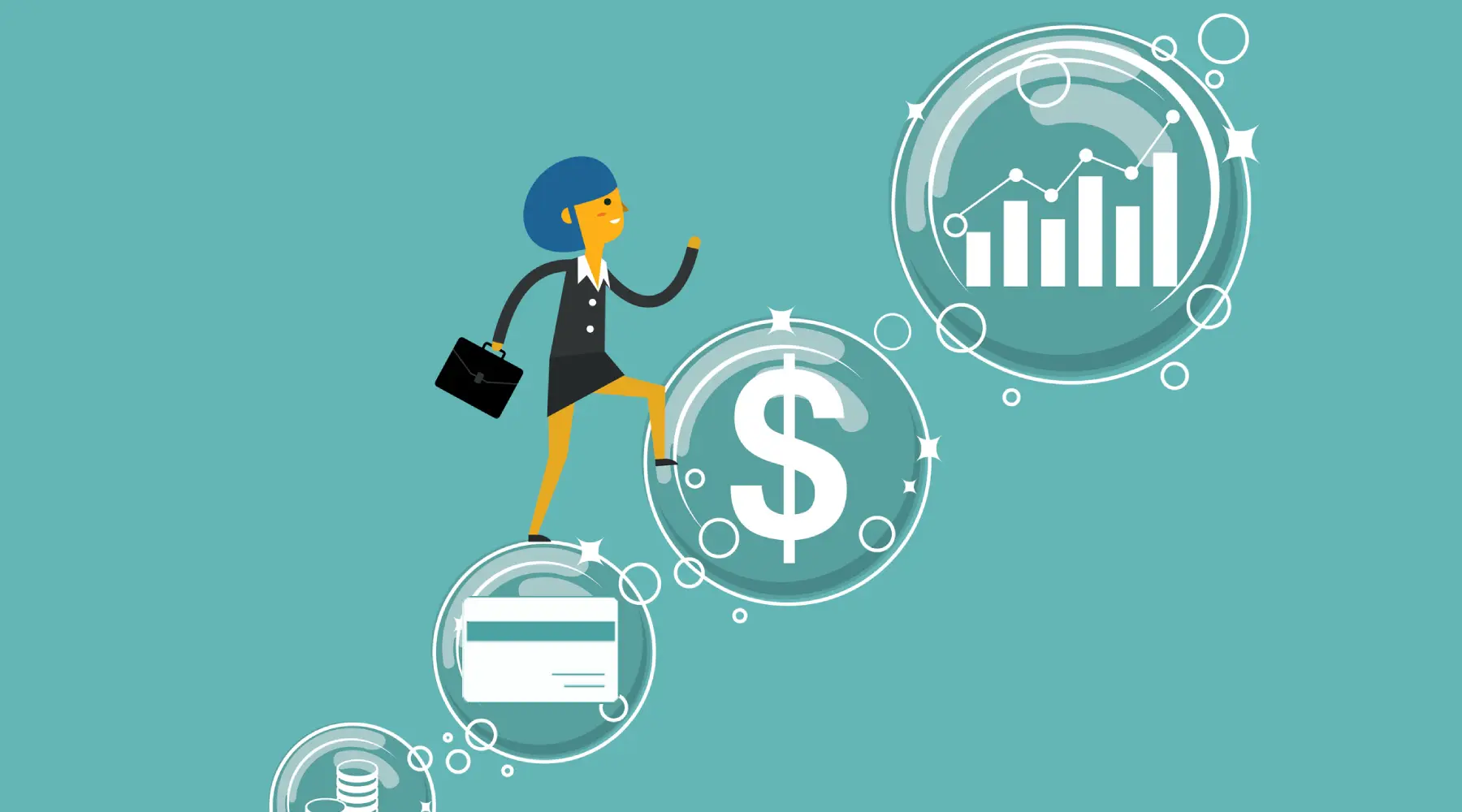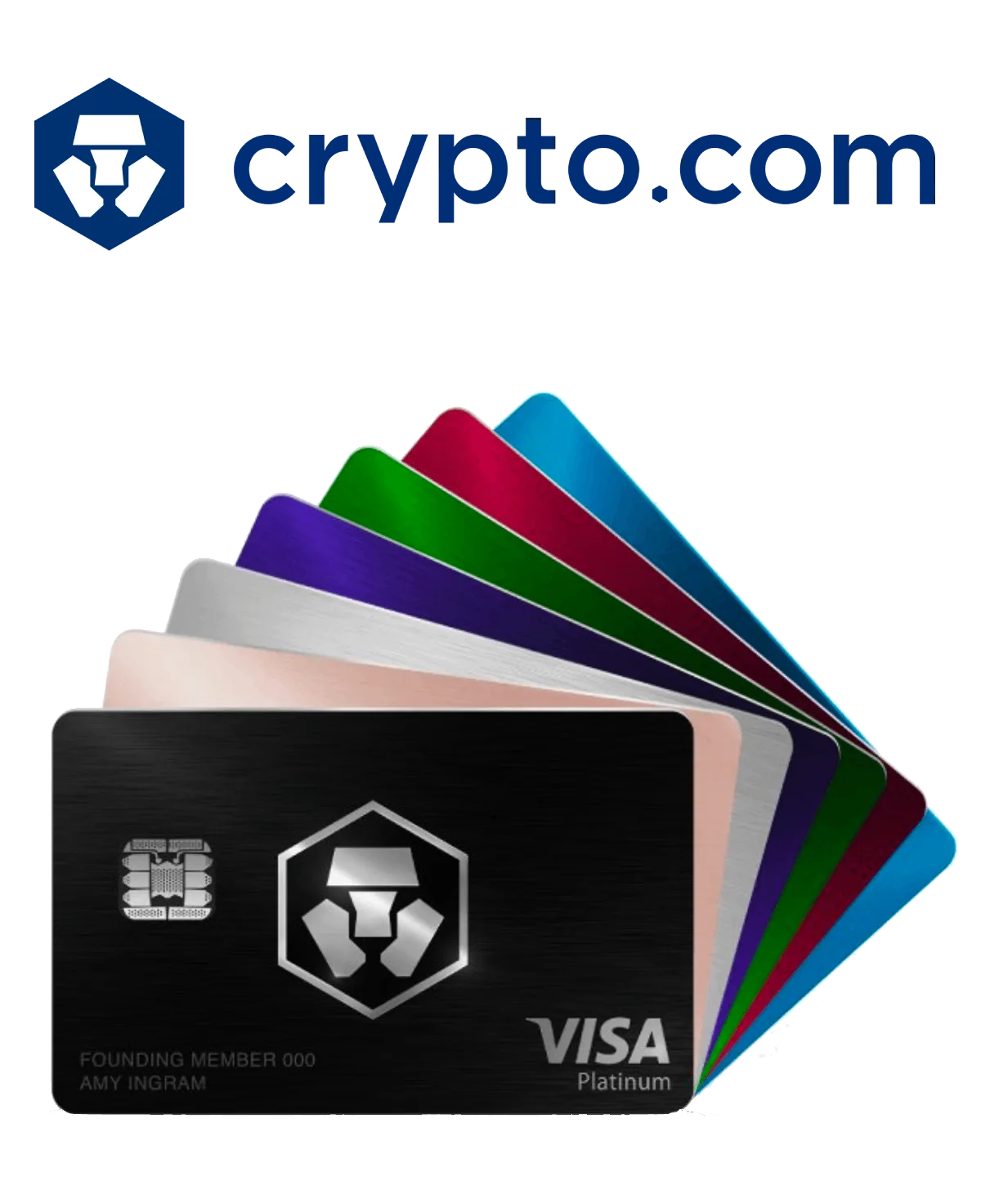5 money milestones to hit before you turn 30

Hitting these money milestones by 30 can help set you up for long-term financial success. Discover how you can start getting your finances in order today.
 Sponsored by the Crypto.com Visa Card. No annual fees. Top up with dollars or crypto. Get up to 5% back on spend. Depending on stake tier, benefits can include airport lounge access, Netflix & Expedia reimbursements plus bonus rewards.
Sponsored by the Crypto.com Visa Card. No annual fees. Top up with dollars or crypto. Get up to 5% back on spend. Depending on stake tier, benefits can include airport lounge access, Netflix & Expedia reimbursements plus bonus rewards.

Sponsored by the Crypto.com Visa Card. No annual fees. Top up with dollars or crypto. Get up to 5% back on spend. Depending on stake tier, benefits can include airport lounge access, Netflix / Expedia reimbursements & bonus rewards.
When you're in your 20s, it's really easy to think of the future in abstract terms. Buying a home, investing, starting a family and retirement can all seem like distant islands, far from the shore that you're currently occupying.
But time catches up with all of us – and it's important to be prepared when it does!
It's never too early to start prepping for your financial future – in fact, it's great to be well on track by the time you're 30, if possible. So, with the youngest millennials hitting the back end of their 20s this year(!), we thought it was the perfect time to provide a checklist of money milestones.
1. Track your spending
If you're just getting started on getting your finances under control, it can all seem a bit overwhelming. So, it's good to start with the basics – like figuring out where all of your cash is going.
There are a number of different ways to track your spending. Apps may be the most efficient, but some people prefer the traditional bank statement or spreadsheet on the computer. There's no right or wrong way – it's all about whatever helps you keep track most easily.

Keeping track of your expenses will give you real-time insights into how you're spending – and in turn, give you a clearer picture of where you might be able to cut back and make savings, too.
2. Assess your attitude to credit cards
Credit cards can be a really useful financial tool when they're used correctly. But it's fair to say they inspire some pretty polarised reactions. Some people avoid them entirely, due to concerns around their own spending habits or previous experience with debt.
This can mean you miss out on benefits, though. Cashback offers, points schemes and even boosting your credit rating with responsible use and repayments, for example. So, what's the alternative?
The good news is that there are Visa debit cards that feature many similar benefits to credit cards. For example, the Crypto.com prepaid Visa debit card lets you earn crypto rewards through your daily spending. It also covers a number of subscription services like Spotify, Netflix and Prime, as well as reimbursements for Expedia and Airbnb.
With services like this, you're still getting the day-to-day functionality of a credit card, but you're only using your own money.
3. Checking your credit score regularly
Most of us probably don't spend a lot of time thinking about our credit score on a day-to-day basis. It's often only when it's time to apply for a loan or credit card that it tends to be front and centre.
But getting the drop on your credit score before you need to know what it is can be a great idea. Tools like the Finder app can let you check your score pretty much instantly, allowing you to carry this knowledge in your pocket.
So, why is it so important? Well, financial institutions essentially look at your credit score as a way to assess your reliability when you're paying back a loan. Unpaid bills, existing debt and your prior credit history can all negatively impact your credit score – and the sooner you know, the better.

If you've got a poor credit history, you may not be eligible for the best possible loans; you may need to make repayments at a higher interest rate, for example. But if you check your credit score in advance, you'll be able to take steps to improve your score prior to applying for a loan.
4. Getting started with saving
Learning good saving habits is one of the best ways to ensure your financial future. To do this successfully, most people create a budget and commit to putting a certain amount into their savings per pay period. There's no single "right" way to budget, either; everyone's circumstances and expenses are different.
If you want to take a more proactive approach with your savings, you can also look at using this as a way to invest, too. By using a dollar-cost averaging approach, you can invest in a diversified way over time, without needing a huge lump sum to get started.
More: Best budget apps available in Australia
5. Setting up your super properly
During your late teens and early 20s, it's pretty common to job-hop a bit. And unless you're very organised, this can mean you end up leaving a trail of superannuation accounts all over the place.
But you're definitely better off having all of your super in one place. You don't want the cash you accrued in them getting chewed up by fees – or just disappearing into the aether – so now is as good a time as any to get organised and set up your superannuation account properly.
You can compare a number of superannuation funds right here on the Finder website.
And once you've picked your preferred provider, you can ask them to do a search for any lost or missing super that you might have floating around from previous roles.
